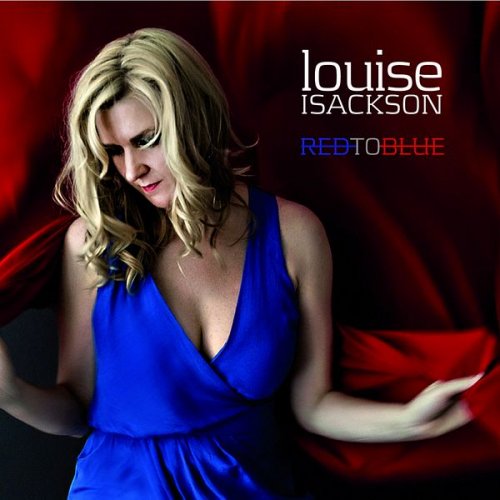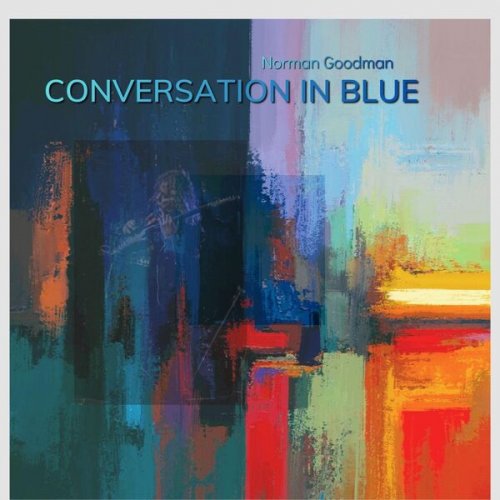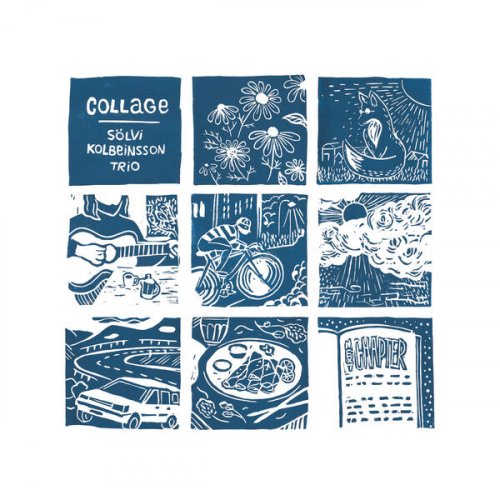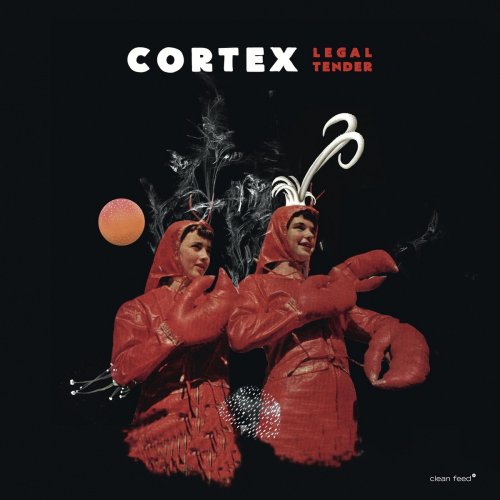Jean-Pierre Rampal - La Flute Enchantee (4CD) (1997)
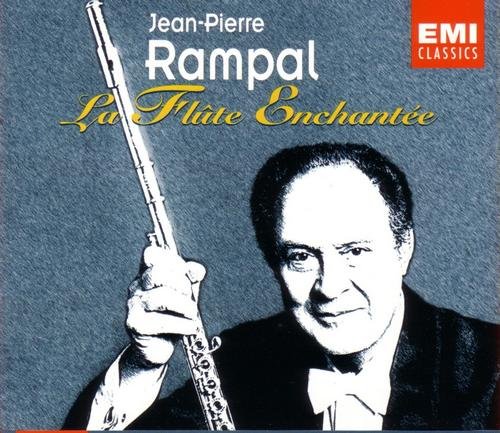
Artist: Jean-Pierre Rampal
Title: La Flute Enchantee
Year Of Release: 1997
Label: EMI Classics
Genre: Classical
Quality: FLAC (image+.cue,log,scans)
Total Time: 05:01:33
Total Size: 1.5 Gb
WebSite: Album Preview
Tracklist: Title: La Flute Enchantee
Year Of Release: 1997
Label: EMI Classics
Genre: Classical
Quality: FLAC (image+.cue,log,scans)
Total Time: 05:01:33
Total Size: 1.5 Gb
WebSite: Album Preview
CD1
Bach: Sonates pour flute & clavecin BWV 1030
1. I Andante
2. II Largo E Dolce
3. III Presto - Allegro
Bach: Sonates pour flute & clavecin BWV 1031
4. I Allegro Moderato
5. II Siciliano
6. III Allegro
Bach: Sonates pour flute & clavecin BWV 1032
7. I Vivace
8. II Largo E Dolce
9. III Allegro
Bach: Sonates pour flute & continuo BWV 1033
10. I Andante - Presto - Allegro
11. II Adagio
12. III Menuetto I & II
Bach: Sonates pour flute & continuo BWV 1034
13. I Adagio Ma Non Tanto
14. II Allegro
15. III Andante
16. IV Allegro
Bach: Sonates pour flute & continuo BWV 1035
17. I Adagio Ma Non Tanto
18. II Allegro
19. III Siciliano
20. IV Allegro Assai
Bach: Sonate pour flute seule BWV 1013
21. I Allemande
22. II Courante
23. III Sarabande
24. IV Bourree Anglaise
Jean-Pierre Rampal флейта; Robert Veyron-Lacriox clavecin (1-20);
Jean Huchot basse d'archet(10-20)
CD2
Telemann: Concerto en sol majeur
1. I Allegro Ma Non Troppo
2. II Adagio
3. III Allegro
Telemann: Suite en la mineur
4. Ouverture
5. Les Plaisirs
6. Air A L'Italienne
7. Menuets
8. Rejouissances
9. Passepied
10. Polonaise
Telemann: 3 Sonates pour flute & clavecin
11. Sonate En Fa Mineur: Triste - Allegro - Andante - Vivace
12. Sonate En Si Mineur: Cantabile - Allegro - Dolce - Allegro
13. Sonate En Si Bemol Majeur: Dolce - Vivace - Sicilienne - Vivace
Telemann: Concerto pour flute & clavecin en re majeur
14. Concerto Pour Flute & Clavecin En Re Majeur: Piacevole - Allegro - Largo - Vivace
Jean-Pierre Rampal flute; Robert Veyron-Lacriox clavecin (1-10);
Orchestre de chambre de la Sarre/Karl Ristenpart
CD3
Haydn: Sonate pour flute & piano
1. I Allegro Moderato
2. II Andantino
3. III Vivace
Beethoven: Serenade pour flute, violon & alto
4. I Entrata - Allegro
5. II Tempo Ordinario D'Un Menuetto
6. III Allegro Molto
7. IV Andante Con Variazioni
8. V Allegro Scherzando E Vivace
9. VI Adagio - Allegro Vivace Disinvolto
Schubert: Introduction & variations sur le theme "lhr Blumlein alle"
10. Introduction & Variations Sur Le Theme 'Ihr Blumlein Alle', Extr. De 'La Belle Meuniere', Pour Flute & Piano, D.802
Schumann: 3 Romances Op.94
11. I Nicht Schnell
12. II Einfach, Innig
13. III Nicht Schnell
Jean-Pierre Rampal flute; Robert Veyron-Lacriox piano (1-3, 10-15);
Gerard Jarry violon & Serge Collot alto (4-9)
CD4
Debussy: Sonate pour flute, alto & harpe
1. I Pastorale
2. II Interlude
3. III Final
Ravel: Introduction & allegro pour harpe, flute, clarinette & quatuor a cordes
4. Introduction & Allegro Pour Harpe, Flute, Clarinette & Quatuor A Cordes
Roussel: Serenade pour flute, harpe & trio a cordes
5. I Allegro
6. II Andante
7. III Presto
Honegger: Concertino da camera pour flute, cor anglais & orchestre a cordes
8. I Allegretto Amabile
9. II Andante
10. III Vivace
Honegger: Romance - Massis: Pastorale - Gagnebin: Marche des gais lurons
11. Romance
12. Pastorale
13. Marche Des Gais Lurons
Jean-Pierre Rampal flute; Odette Le Dentu harpe; Pierre Pasquier alto (1-3);
Lili Laskine harpe; Ulysse Delecluse clarinette & le; Quatuor Pascal (4)
Lili Laskine harpe; Trio Pasquier (5-7)
Pierre Pierlot cor anglais (8-10); Association des Concerts de Chambre de Paris/Fernand Oubradous
Fancoise Gobet piano (11-13)
Jean-Pierre Rampal was one of history's greatest flute players, and among the most recorded classical artists of all time. His father was the first flutist of the Marseilles Symphony Orchestra and was professor of flute at the Conservatory there. Although his father taught him to play the flute, he did not recommend a musical career for Jean-Pierre, who instead entered medical studies. He was in the third year of medical study when, in 1943, German occupying forces drafted Rampal for service in the military. He learned that he was, in fact, to be sent to Germany as forced labor. So he went absent without leave and joined the underground, traveling to Paris and assuming a new identity. In Paris, he decided to attend the National Conservatory as a flute student. Five months later he graduated with first prize. Paris was liberated a few months later, and Rampal was appointed first flutist with the Paris Vichy Opéra.
In 1950 Rampal embarked on a touring career. His favored accompanist was Robert Veyron-Lacroix, who could play both piano and harpsichord. Veyron-Lacroix's expertise helped Rampal deepen his performances of music of the eighteenth century – his favorite musical era – by drawing on contemporary performance practices. He eschewed the vibrato and the generally romantic sound of most flute playing, and in so doing he strongly influenced flutists of subsequent generations. In 1956 he joined the orchestra of the Paris Opéra, remaining there through 1962. During this period he appeared frequently on the radio in Paris, gaining great popularity. He taught at the Paris Conservatory and gave master classes around the world.
Rampal was devoted to chamber music, founding the French Wind Quintet (Quintette à Vent Française) in 1945 and the Ensemble Baroque de Paris in 1953. He appeared with every major orchestra, gave recitals worldwide, and recorded prolifically, covering all of the standard flute repertoire and many new and unknown pieces. Several of his recordings have won the Grand Prix du Disques.
Even beyond these endeavors his musical interests were quite diverse: he also appeared on recordings of English folksong, American ragtime, European jazz, and Japanese, Chinese, and Indian classical music. Some of his recording partners were Mstislav Rostropovich, Claude Bolling, Ravi Shankar, and Isaac Stern. Numerous composers wrote works for him, including Francis Poulenc, Pierre Boulez, André Jolivet, and Jean Françaix. His Music, My Love: An Autobiography was published in 1989. Rampal received various honors, including elevation to the ranks of Chevalier of the Légion d'Honneur (1996), Officier des Arts et Lettres (1971), Commandeur de l'Ordre National de Mérite. He also received the Prix du Président de la République, and the Prix du Académie Charles Cros.
In 1950 Rampal embarked on a touring career. His favored accompanist was Robert Veyron-Lacroix, who could play both piano and harpsichord. Veyron-Lacroix's expertise helped Rampal deepen his performances of music of the eighteenth century – his favorite musical era – by drawing on contemporary performance practices. He eschewed the vibrato and the generally romantic sound of most flute playing, and in so doing he strongly influenced flutists of subsequent generations. In 1956 he joined the orchestra of the Paris Opéra, remaining there through 1962. During this period he appeared frequently on the radio in Paris, gaining great popularity. He taught at the Paris Conservatory and gave master classes around the world.
Rampal was devoted to chamber music, founding the French Wind Quintet (Quintette à Vent Française) in 1945 and the Ensemble Baroque de Paris in 1953. He appeared with every major orchestra, gave recitals worldwide, and recorded prolifically, covering all of the standard flute repertoire and many new and unknown pieces. Several of his recordings have won the Grand Prix du Disques.
Even beyond these endeavors his musical interests were quite diverse: he also appeared on recordings of English folksong, American ragtime, European jazz, and Japanese, Chinese, and Indian classical music. Some of his recording partners were Mstislav Rostropovich, Claude Bolling, Ravi Shankar, and Isaac Stern. Numerous composers wrote works for him, including Francis Poulenc, Pierre Boulez, André Jolivet, and Jean Françaix. His Music, My Love: An Autobiography was published in 1989. Rampal received various honors, including elevation to the ranks of Chevalier of the Légion d'Honneur (1996), Officier des Arts et Lettres (1971), Commandeur de l'Ordre National de Mérite. He also received the Prix du Président de la République, and the Prix du Académie Charles Cros.
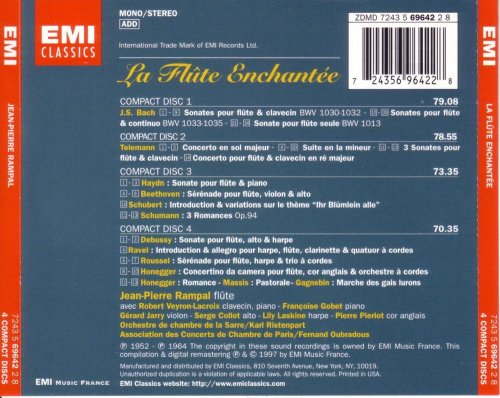
![Tomasz Stanko - Unit (Polish Radio Sessions vol. 2/6) (2025) [Hi-Res] Tomasz Stanko - Unit (Polish Radio Sessions vol. 2/6) (2025) [Hi-Res]](https://www.dibpic.com/uploads/posts/2025-12/1765796826_cover.jpg)
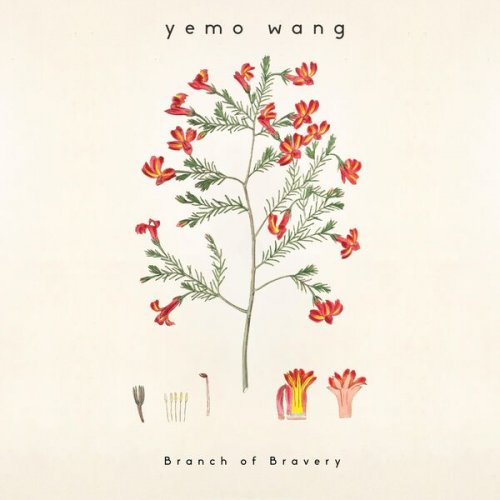
![Dave Holland - Emerald Tears (1977/2025) [Hi-Res] Dave Holland - Emerald Tears (1977/2025) [Hi-Res]](https://www.dibpic.com/uploads/posts/2025-12/1765891427_cover.jpg)
